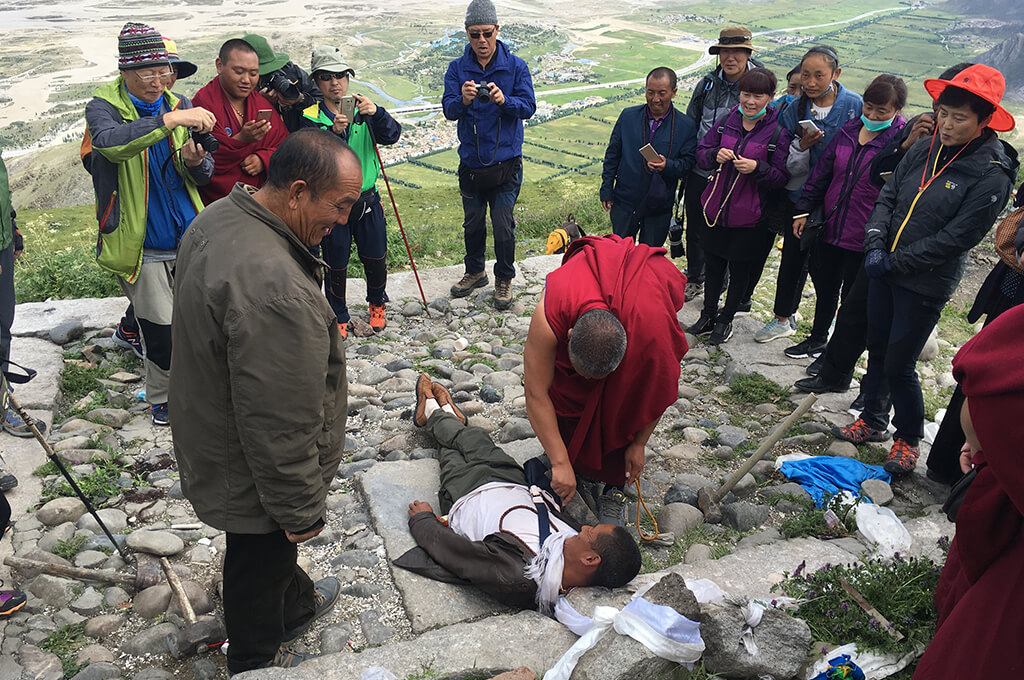Visiting Tibet? A guide to essential Health and Safety FAQs.
How serious is Acute Mountain Sickness?
This is a very common thing faced by travelers when they land on high altitudes. It is suggested that people drink lots of water and do fewer physical activities. People take around two or three days to adjust.
What are the symptoms of Acute Mountain Sickness?
If the sickness is moderate, you will face symptoms like, insomnia, vomiting, rapid heart rate, headache, dizziness, shortness of breath, no appetite, etc. If the condition becomes worse, then you may suffer from cyanosis, congestion, coughing up blood, confusion, pale complexion and even shortness of breath.
What causes high altitude sickness?
This is caused when you are present in an area with low air pressure. If you reach a height of three thousand meters above sea level, you become prone to altitude sickness. Chilly temperature and fatigue further lead to this sickness.
Which medicines should I carry?
Before leaving for the trip, it is vital that you consult a physician. You can carry nasal decongestants, Aspirin, flu tablets and throat lozenges. For altitude sickness, you can keep a Diamox in your bag.
What should I do during altitude sickness?
Take rest and get extra oxygen as it will reduce the signs of altitude sickness. The best way to treat this is by getting down to a lower altitude quickly. If the problem continues for three or four hours, the patient needs to be hospitalised.
How can I avoid getting altitude sickness?
First of all, always pay attention to your body. A gradual climb will not harm your body, rather your body will adjust. Hence, do not take up much physical exertion. Take rest whenever possible. Moderate symptoms of altitude sickness can be easily treated with medication.
Who should not visit Tibet?
People who suffer from heart disease or pulmonary disorders should not travel to Tibet. Also, pregnant ladies and younger children should avoid visiting high altitude. Postpone your tour if you are suffering from fever or flu.
These are a few Health and Safety FAQs which you must consider. Have more queries? Reach us and our travel guides can help you in your Tibet trip.

